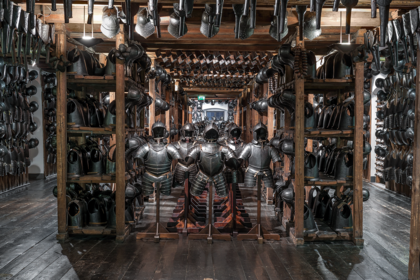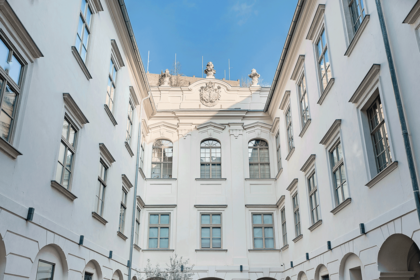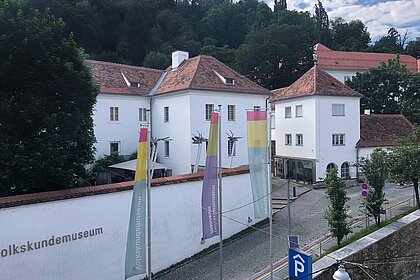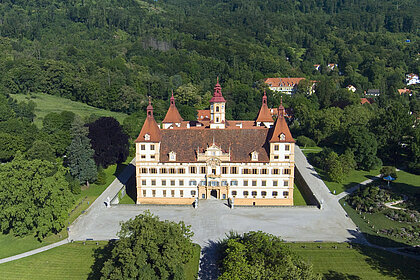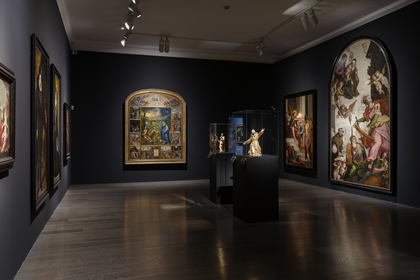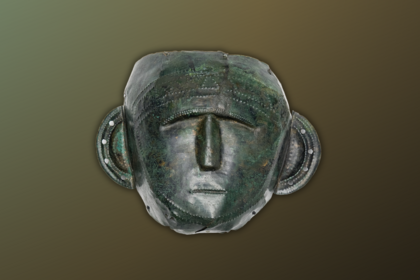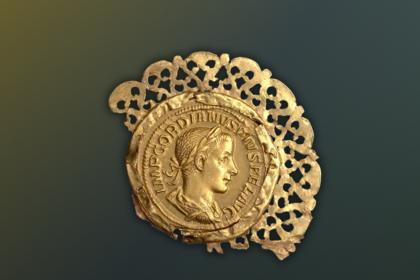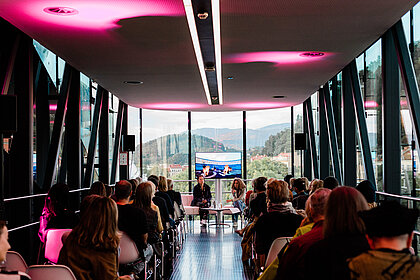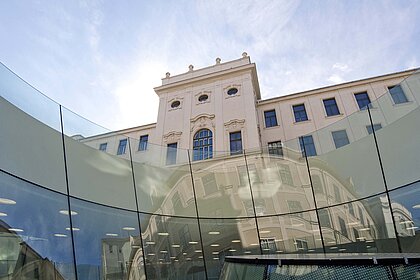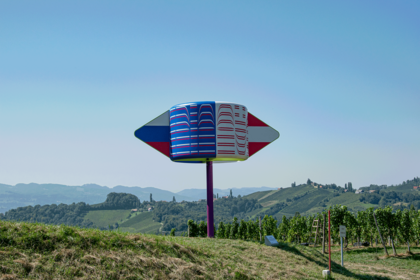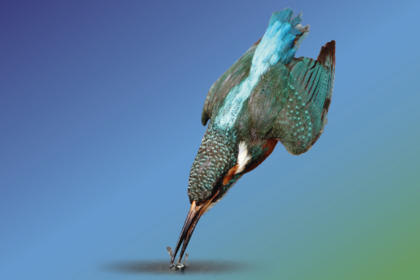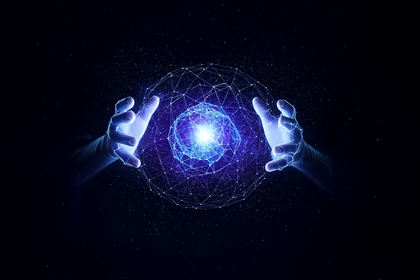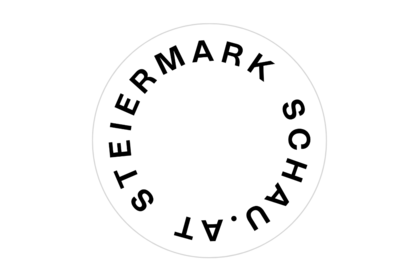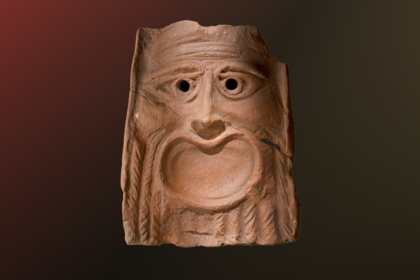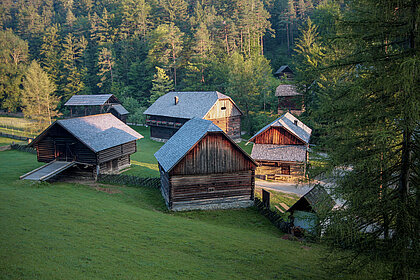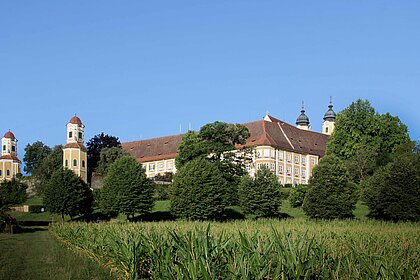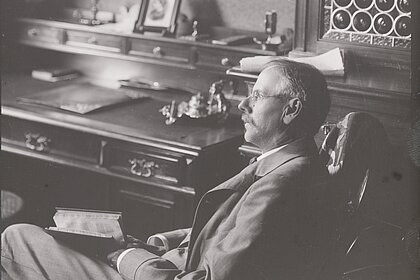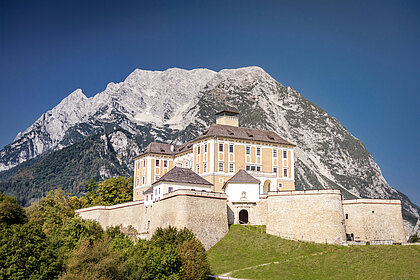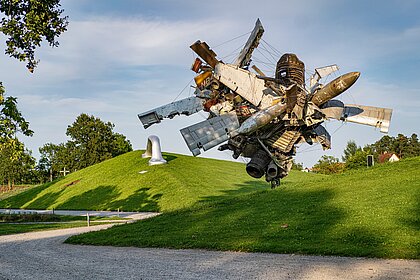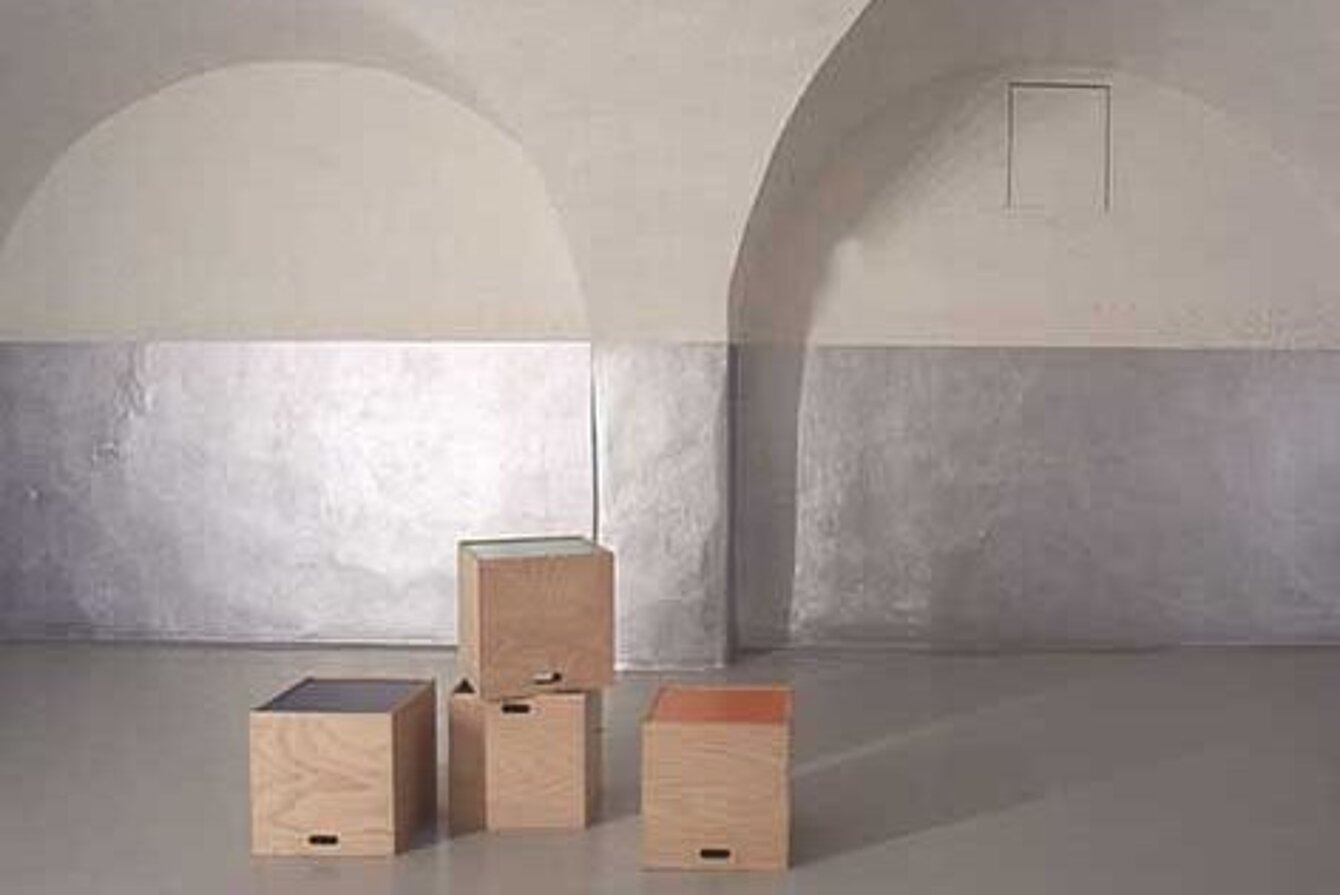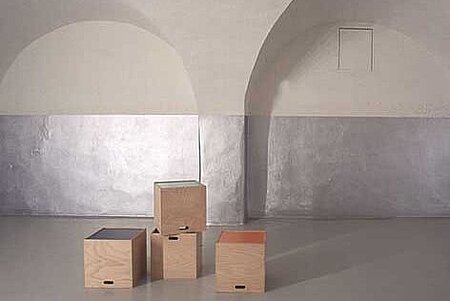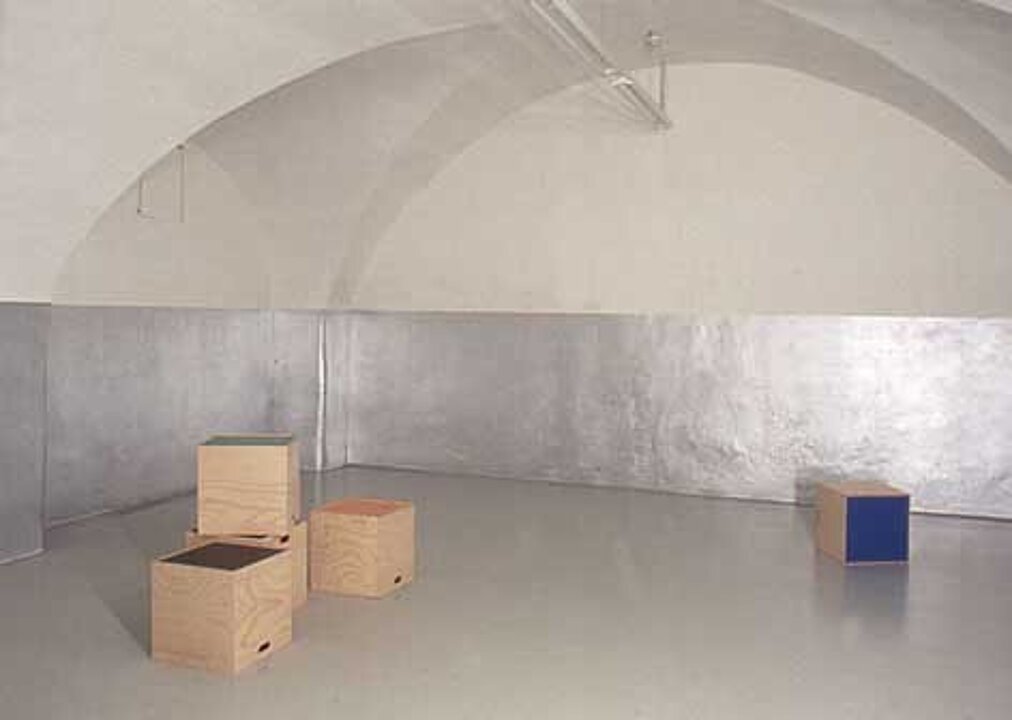The sixties of this century radicalized the tendencies of conceptualization and immaterialization of the art object, which finally found completion with the dissolution of object status of the art work itself. For this process, Lucy R. Lippard found the term; dematerialization of the art object. The modern epoch came to an end with the dissolution of the art object; in the following decades the entire program of the modern era became subject to critique, revision, re-reading and new editions. As a result of conservative critique, art once again landed in the retrograde dreams of diverse neo-avant-gardes. As a result of progressive critique of modernerity, the modern object was replaced by instructions for use and communicative acts. Peter Friedl is one of the few Austrians who has a conceptual rigorousness and artistic ability to follow and drive forth this development within art at an elevated level of complexity at an international level. In particular, he comprehended the decisive shift of dematerialization from the level of form to that of content, i.e. from the macro-sphere of formalism (macro-aesthetics) to the micro-sphere of the social (micro-politics), and therefore transformed art’s game rules from pure aesthetic rules of object construction into the framework conditions of fields of social negotiation. By extending his artistic fields of activity to the point of emancipating unmarked territory and unchaining condensed linear sense-imposing chains of signs, he created open fields of action and signs, in which plural and multiple relations that produce sense can be created by the beholder himself. The precision with which Friedl thereby dupes all arrangements within the art industry, and beyond that, also unveils the illusionary consensus of all social contracts (from multiculturalism all the way to clothing arrangements), attests to his standing as an artist. The quality of his art does not express itself in obsolete formal aesthetic criterion, but rather in tracking down concealed ideology archives, hidden contradictions of the social systems and resultant political hypocrisy and lies. What he makes visible are invisible instances of censure, of; the self and likewise the other, the intimate sphere and likewise the public realm. That is why, particularly in Austria, his work meets with opposition and falls prey to the usual mechanisms of suspicion, repression, and expulsion.
The Neue Galerie Graz, the Neue Berliner Kunstverein, the FRAC Languedoc-Roussillon in Montpellier and the Palais des Beaux-Arts in Brussels are therefore especially interested in offering a forum for Peter Friedl’s artistic interventions within the social realm, which, from linguistic formulation to material staging, play out all registers of subtlety, subversion and irony. We thank the artist as well as the Oktagon press for the opportunity to make Peter Friedl’s position known and the chance to present it coherently. Our thanks also go especially to Roger M. Buergel who wrote all texts for the projects presented here.
Peter Weibel, Neue Galerie Graz
Alexander Tolnay, Neuer Berliner Kunstverein
Ami Barak, FRAC Languedoc-Roussillon, Montpellier
Piet Coessens/Marie-Thérèse Champesme
Palais des Beaux-Arts, Bruxelles
